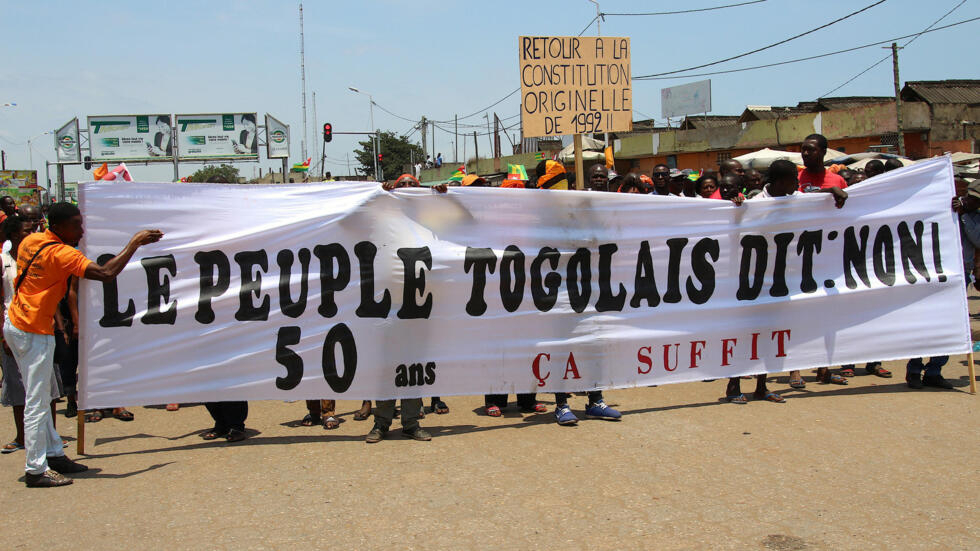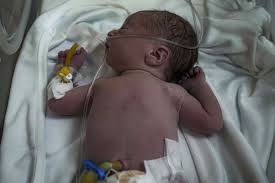Guinea’s Constitutional Referendum: Comprehensive Analysis
Introduction
The Constitutional Referendum in Guinea, scheduled for September 21, 2025, represents a defining moment for the nation’s governance and democratic trajectory. The referendum is designed to introduce a new constitution following the 2021 coup led by Colonel Mamady Doumbouya, which ended Alpha Condé’s presidency. This comprehensive analysis explores the historical background, political implications, legal framework, public opinion, economic and regional effects, and potential outcomes of this referendum.
Historical Context
Guinea has a complex political history characterized by periods of authoritarian rule, contested elections, and military interventions. The 2021 coup disrupted the constitutional order, suspending the 2010 and 2020 frameworks. Colonel Mamady Doumbouya, a former special forces commander, assumed power with promises to restore democracy through a transitional process culminating in the current Constitutional Referendum. Understanding this historical context is essential to grasp the stakes of the upcoming vote.
Proposed Constitutional Changes
The proposed constitution introduces significant modifications. Among the most notable are the extension of the presidential term to seven years with one possible re-election, the establishment of a bicameral legislature including a Senate partially appointed by the president, and the removal of clauses barring junta members from running for office. These provisions have sparked debates about the concentration of power and the potential implications for Guinea’s democratic institutions.
Political Implications
The referendum carries deep political ramifications. Proponents argue that the new constitution will provide stability and clear rules for governance, potentially enabling a return to civilian-led leadership. Critics, however, warn that the reforms could entrench the current military leadership and limit political competition. This duality underscores the contentious nature of the Constitutional Referendum and its importance for Guinea’s political future.
Opposition Perspectives
Opposition parties have faced restrictions and, in some cases, suspensions, limiting their ability to campaign effectively. Human rights groups have voiced concerns regarding freedom of speech, assembly, and the press. The opposition has called for a boycott of the Constitutional Referendum, arguing that it serves to legitimize a military regime rather than facilitate a democratic transition.
Legal Analysis
The legality of the Constitutional Referendum has been scrutinized both domestically and internationally. Legal scholars debate whether the process complies with international standards for democratic governance and constitutional reform. Issues include the suspension of the previous constitution, the lack of broad-based public consultation, and the ability of junta members to participate in future elections, all of which have implications for the legitimacy of the referendum.
Public Opinion
Public sentiment toward the Constitutional Referendum is divided. Some citizens express hope for political stability and economic development, while others remain wary of military dominance and limited political pluralism. Opinion polls indicate a mixture of cautious optimism and skepticism, highlighting the importance of voter turnout in determining the referendum’s credibility.
Economic Implications
The referendum may also have significant economic consequences. Stability brought by a clear constitutional framework could attract foreign investment and encourage economic development. Conversely, political uncertainty or perceived illegitimacy may deter investors and strain international economic relations. Analysts suggest that Guinea’s mineral-rich economy, particularly in bauxite and iron ore, could be sensitive to political developments associated with the Constitutional Referendum.
Regional and Security Implications
The outcome of the Constitutional Referendum could influence security in the West African region. Guinea’s stability is crucial for neighboring countries, particularly given its history of border tensions and involvement in regional politics. A legitimate referendum may strengthen Guinea’s cooperation with regional organizations, while controversy or unrest could exacerbate insecurity in the Mano River region.
Media and Information Landscape
Media coverage of the Constitutional Referendum has been a point of contention. State-controlled outlets have predominantly highlighted pro-referendum narratives, while independent media face restrictions. The flow of information and access to impartial reporting play a crucial role in shaping public understanding of the referendum and its implications for democratic governance in Guinea.
International Reactions
International observers have emphasized the need for transparency and inclusivity in the Constitutional Referendum. Some countries and organizations have expressed cautious optimism, while others have criticized restrictions on political participation. For detailed coverage, see Reuters. The outcome will affect Guinea’s relationships with global partners and regional alliances.
Voter Turnout Considerations
Achieving a sufficient voter turnout is critical for the Constitutional Referendum’s legitimacy. A minimum of 50% participation is required for the referendum to be considered valid. Authorities are campaigning to encourage voter engagement, but the absence of a strong opposition presence and public skepticism present challenges to reaching this threshold.
Potential Outcomes
If approved, the new constitution could initiate a transitional period leading to civilian governance and institutional reforms. If rejected, political uncertainty may continue, potentially prompting international intervention or renewed domestic unrest. The referendum’s outcome will influence Guinea’s governance model, democratic processes, and international credibility.
Conclusion
The September 21, 2025, Constitutional Referendum in Guinea is more than a procedural vote it is a decisive moment shaping the nation’s political, legal, economic, and social future. While offering a pathway toward civilian rule, it also presents challenges related to legitimacy, political inclusivity, and democratic consolidation. The Constitutional Referendum’s results will reverberate across Guinea and the West African region for years to come.
For more news, click here.




